A research analyst at the Centre for Democracy and Development (CDD), Dengiyefa Angalapu, has cautioned that former U.S. President Donald Trump’s recent threat of military action against terrorists in Nigeria could open the door to foreign interference and worsen the country’s security challenges.
Speaking exclusively to DAILY POST, Angalapu said Trump’s statement sparked nationwide debate but stressed the need to understand why it resonates with some groups amid Nigeria’s complex conflict landscape.
“Nigeria is multi-ethnic and multi-religious. While insecurity affects all six geopolitical zones, there are clear ethnic and religious correlations in certain regions,” he explained.
He highlighted that jihadist groups like Boko Haram and ISWAP in the North-East are ideologically driven, aiming to establish an Islamic state. In contrast, banditry in the North-West and North-Central is largely criminal and economic rather than ideological, though some groups like Ansaru also pursue extremist goals.
“Even when conflicts, such as farmer-herder clashes, are not religious, many Christian communities perceive them as being driven by an Islamic agenda because the perpetrators claim to be Muslims,” he said.
Angalapu noted that attacks by Boko Haram, ISWAP, and other groups on churches and Christian communities have deepened mistrust between Muslims and Christians. “Rather than uniting against a common enemy, Nigerians argue about who is dying more or being displaced more. This polarization weakens our fight against terrorism.”
The analyst warned that Nigeria’s internal disunity and weak coordination in counterterrorism could attract foreign powers. “The U.S. has threatened military action, while Russia operates in nearby Sahelian states. This could easily bring U.S.-Russia rivalry into Nigeria,” he said.
He also criticized Nigeria’s weak foreign policy presence, noting that since President Tinubu assumed office, many ambassadorial positions remain vacant. “This creates a foreign policy gap, leaving the U.S. reliant on rumors and third-party information instead of hearing directly from Nigeria.”
Angalapu attributed the security crisis to systemic failures within Nigeria’s security architecture and recent changes in military leadership. He further suggested that Trump’s comments could reflect U.S. displeasure over Nigeria’s foreign policy decisions, including joining BRICS and rejecting America’s deportation agreement.
On the ground, the analyst warned that the rush to show results in counterterrorism efforts could have dangerous consequences. “Quick wins can lead to mistakes like airstrikes that inadvertently kill civilians, especially since terrorists often use hostages as human shields.”
Concluding, Angalapu described Nigeria’s security situation as complex and urged calm, coordinated action. “It’s a very complex situation. I hope Nigeria finds a way out soon.”


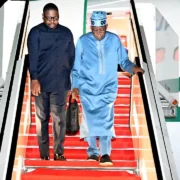
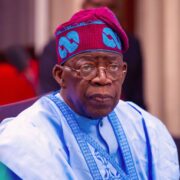
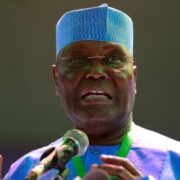
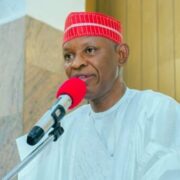
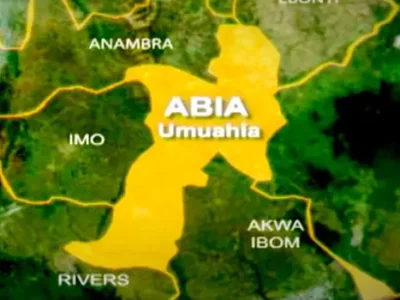
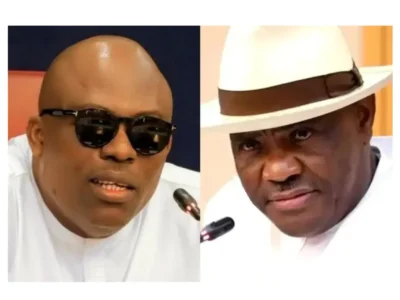

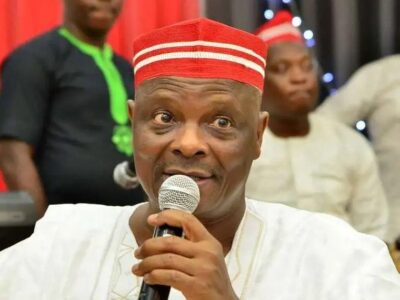









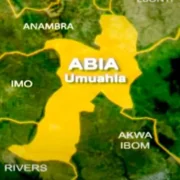
Comments